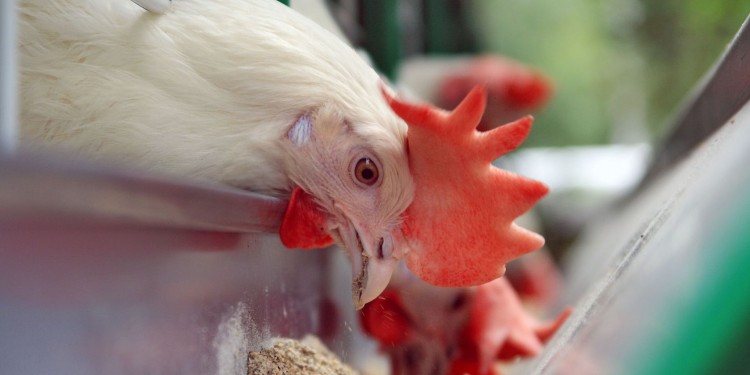
Over time, the market has become increasingly demanding as to products of animal origin.Processes being reviewed, products with a high quality level of demand and animal welfare are some measures that have been gaining evidence on the market.
How to improve productivity and meet a demanding market? Check it out!
Sanitization consists basically in the use of better practices and equipments to reduce contamination risk of a certain product. The process adopts hygiene measures that abort health deterioration factors and create conditions to protect health and make sure that good quality products will be produced.
During the many stages in a production chain, many of them are subject to contamination, which can happen through chemical or biological agents.
For products that are intended for human consumption, sanitization must be done with extra care.
In livestock, it’s a principle that must be present in the entire production chain. For each sector of this industry there are specific equipments that assure a high quality production, reducing risk of contamination. Wheter it’s cattle, aviculture or pig farming, sanitization guarantees a quality process.
Among the benefits of sanitization in livestock are:
Because the final product of this industry is a good for human consumption, the law provides some measures to guarantee quality and the consumer’s health.
By reducing risk of contamination during the process, the business owner meets legislation and minimizes risk of fines and penalties, which influences the operational result of the company.
Since it’s a production aimed at export, some countries also demand certain sanity and vet certificates for transport and commercialization of products from industry and livestock. Sanitization equipments are also good solutions to meet this international demand.
Good sanitization practices, as well as high performance and quality equipments, guarantee a control of pathogens over the process. The proliferation of viruses, bacteria and fungi can compromise the entire batch or production of certain lot or industry when not controlled, and the micro-organism contamination rate can be exponential and also compromise the health of animals.
The management of pathogens can also be achieved through changes in animal husbandry, use of antibiotics and other drugs . However, the problem of antibiotic resistance has limited the preventive dosage practices , a fact that confirms the competitive advantage of using sanitizing equipment as a preventive disease control.
In addition to preventing contamination of production, sanitation is also important not to compromise the foods that are sources of nutrients for animals. Food eaten by the livestock industry of animals are one of the gateways to the microorganisms settle , so that’s why sanitization equipment must also be allocated when there is the handling of feed and any nutrient source for animals.
Ensuring an efficient sanitization system reduces the risk of rework and deterioration of the lot. The sanitization is a preventive measure of paramount importance that guarantees a successful outcome of the livestock industry by reducing the risk of contamination of batches. Therefore , investment is justified over the entire production chain.
Have any doubts about sanitization and its importance in the livestock process?